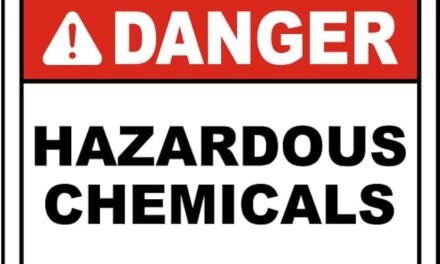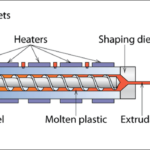1. Eco-Friendly Dyeing and Finishing:
- Low-Impact Dyes: Specialty chemicals enable the use of non-toxic, water-efficient dyes, reducing water and chemical waste.
- Digital Printing Inks: These require fewer resources and eliminate the need for extensive washing, lowering environmental impact.
2. Waterless and Energy-Efficient Processes:
- Supercritical CO₂ Technology: Specialty chemicals allow dyeing and finishing without water, reducing energy and water use.
- Enzymatic Treatments: Replace harsh chemicals in processes like desizing and bio-polishing, making them more sustainable.
3. Durable and Sustainable Coatings:
- Bio-Based Coatings: Derived from renewable sources to enhance textiles’ durability and water resistance.
- Thermal and UV-Resistant Coatings: Extend textile lifespans, reducing waste.
4. Recycling and Upcycling:
- Chemical Recycling Agents: Break down synthetic and natural fibers for reuse, supporting circular textile systems.
- Deinking and Depolymerization Chemicals: Enable upcycling of post-consumer textiles.
5. Antimicrobial and Odor-Control Technologies:
- Eco-Friendly Antimicrobials: Prevent bacterial growth using non-toxic, biodegradable materials, enhancing textile hygiene with minimal impact.
6. Functional Textiles:
- Moisture-Wicking and Breathable Finishes: Improve comfort while using environmentally safe chemicals.
- Phase-Change Materials (PCMs): Enable temperature regulation in textiles, reducing energy needs for heating or cooling.
7. Natural Fiber Enhancement:
- Fiber Strengthening Agents: Improve the durability of natural fibers like cotton, hemp, and jute, promoting their use over synthetics.
- Softening and Wrinkle-Resistance Finishes: Enhance the performance of sustainable fibers with minimal chemical load.
8. Green Sourcing and Production:
- Plant-Based Polymers: Specialty chemicals are used to create bio-based alternatives to conventional synthetics like polyester and nylon.
- Sustainable Solvents: Used in fiber production processes like Lyocell, which is derived from wood pulp.
9. Waste Reduction and Minimization:
- Effluent Treatment Chemicals: Ensure safe discharge of wastewater by neutralizing pollutants.
- Process Optimizers: Reduce material and resource wastage during textile production.
10. Compliance and Certification:
- Specialty chemicals help manufacturers meet global sustainability standards like GOTS (Global Organic Textile Standard) and OEKO-TEX certification.

















